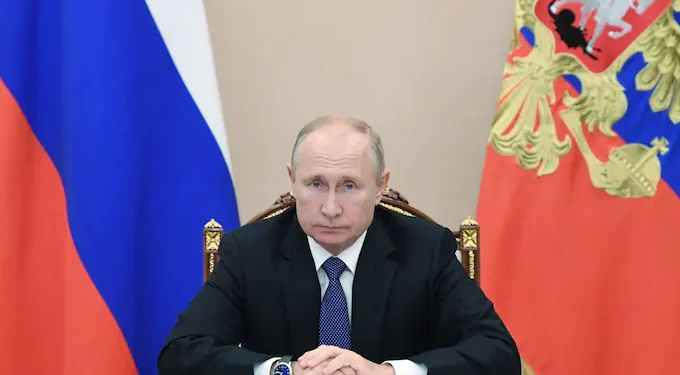Russian President Vladimir Putin has urged for a reevaluation of the country’s migration policies following the deadly attack on a concert hall near Moscow, perpetrated by individuals of Tajik descent. The incident, claimed by the Islamic State, has prompted Putin to address the vulnerabilities in Russia’s migration systems, emphasizing the need for stricter checks and regulations. With at least 144 casualties and over 500 wounded, the attack has reignited concerns over security and immigration.
Putin underscored the importance of preventing discord and xenophobia within Russian society while acknowledging the need for improved migration protocols. He stressed that permits should only be granted to those who respect Russian traditions, language, and culture. However, he also acknowledged the challenges, recognizing the significant contributions migrants make to Russia’s economy, particularly in sustaining industries and filling labor gaps.
Despite the necessity for tighter controls, Putin emphasized the importance of maintaining interethnic and interreligious harmony and preserving Russia’s cultural identity. With a diverse population speaking over 277 languages and dialects, Russia prides itself on its multicultural heritage. Approximately 10% to 15% of its citizens identify as Muslims, further emphasizing the need for inclusive policies that respect religious and cultural diversity.
The aftermath of the attack has seen increased scrutiny and enforcement measures against unregistered migrants, with Tajik authorities reporting a surge in citizens leaving Russia. This incident underscores the delicate balance between security concerns and the economic reliance on migrant labor. As Russia grapples with the aftermath of the tragedy, the call for comprehensive migration reforms resonates as a pivotal step towards ensuring the nation’s stability and security in an increasingly interconnected world.
















